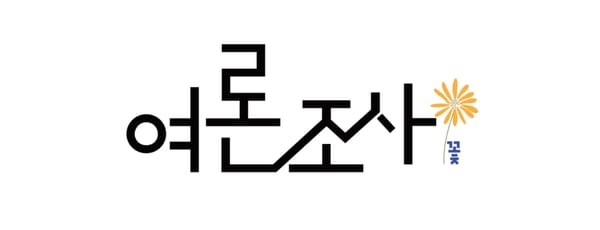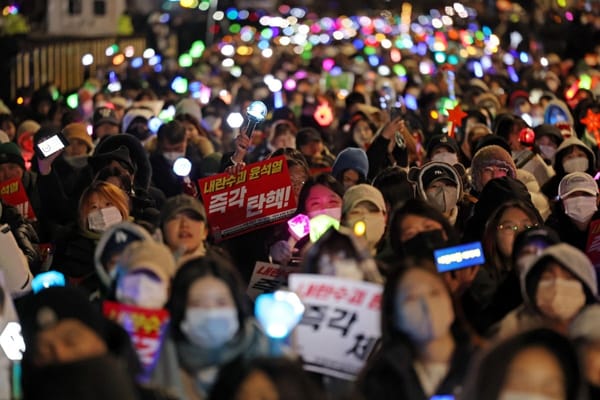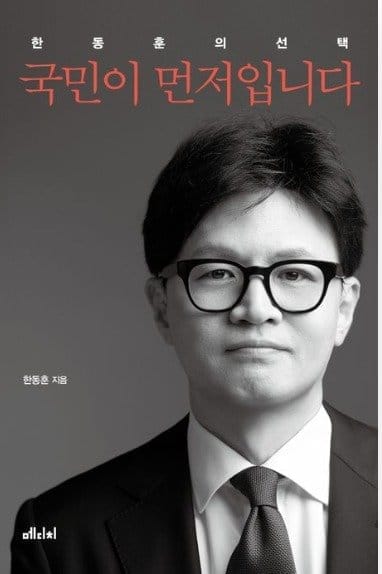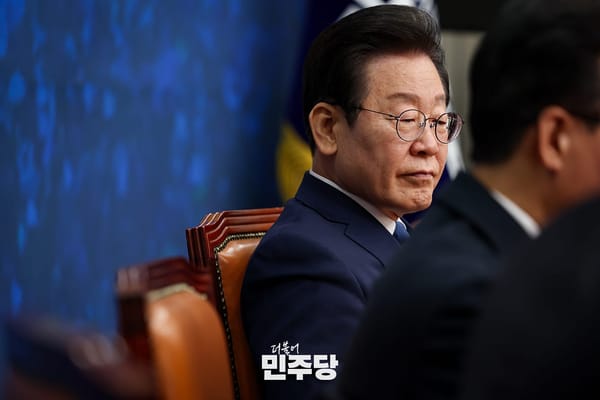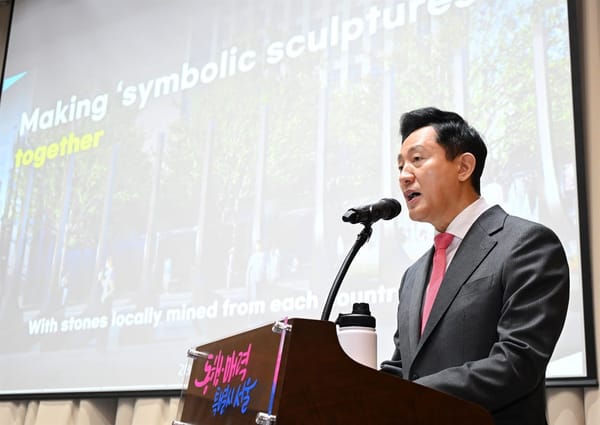Photo: Candlelight Protest of 2016. Credit: People's Solidarity for Participatory Democracy.
In TBR’s view, the best contemporary theorist of South Korean politics - publishing in either English or in Korean - is Erik Mobrand, Korea Policy Chair of the RAND Corporation. His 2019 book Top-Down Democracy in South Korea is a must-read for understanding South Korea’s democratic progress from dictatorship to the present day.
In his latest paper in the Pacific Affairs journal of the University of British Columbia, titled “Cynical and Celebratory Sensibilities in South Korea’s 2022 Presidential Election,” Mobrand offers a clear-eyed analysis of the implications of the presidential election and Yoon Suk-yeol 윤석열’s victory for the health of South Korea’s democracy.
Mobrand’s central insight is to view the progress of South Korea’s democracy as a struggle between the forces that encourage and celebrate the public’s participation in politics, and those that discourage and exclude such participation. Under this view, South Korea’s formal transition to democracy in 1987 at the end of the Chun Doo-hwan 전두환 dictatorship was an incomplete one, as the newly installed constitution established a structure of elitist democracy that deliberately narrowed the scope of what may be determined through elections. (Hence the title of his book, the “top-down democracy”.)
Popular mobilization, such as the Candlelight Protests that produced the presidencies of Roh Moo-hyun 노무현 and Moon Jae-in 문재인, expanded the scope of South Korea’s democracy, while the backlash to such mobilization contracted it.
Mobrand’s latest paper analyzes the 2022 presidential election through this lens. From Yoon Suk-yeol’s campaign, Mobrand identified sowing cynicism toward politics and politicians as a mechanism to discourage participation, to counteract the celebratory and participatory mood that drove the liberals’ politics. To that end, Yoon and the People Power Party 국민의힘 “created scandal around Lee Jae-myung 이재명”, the Democratic presidential candidate.
Although “Lee confidently answered all questions, and investigations . . . revealed that Lee had shrewdly helped the city he governed[,]” Mobrand wrote, “for cynics, the beauty of the politics of scandal is that the accusation is the only thing that matters.” (See previous coverage, “Daejang-dong Scandal, Revisited.”) In other words, “[d]eploying tropes of cynicism, they attacked politics itself. . . . The result was that Yoon cobbled together an alliance of older voters and young men on the basis of three layers of hate and cynicism.”



